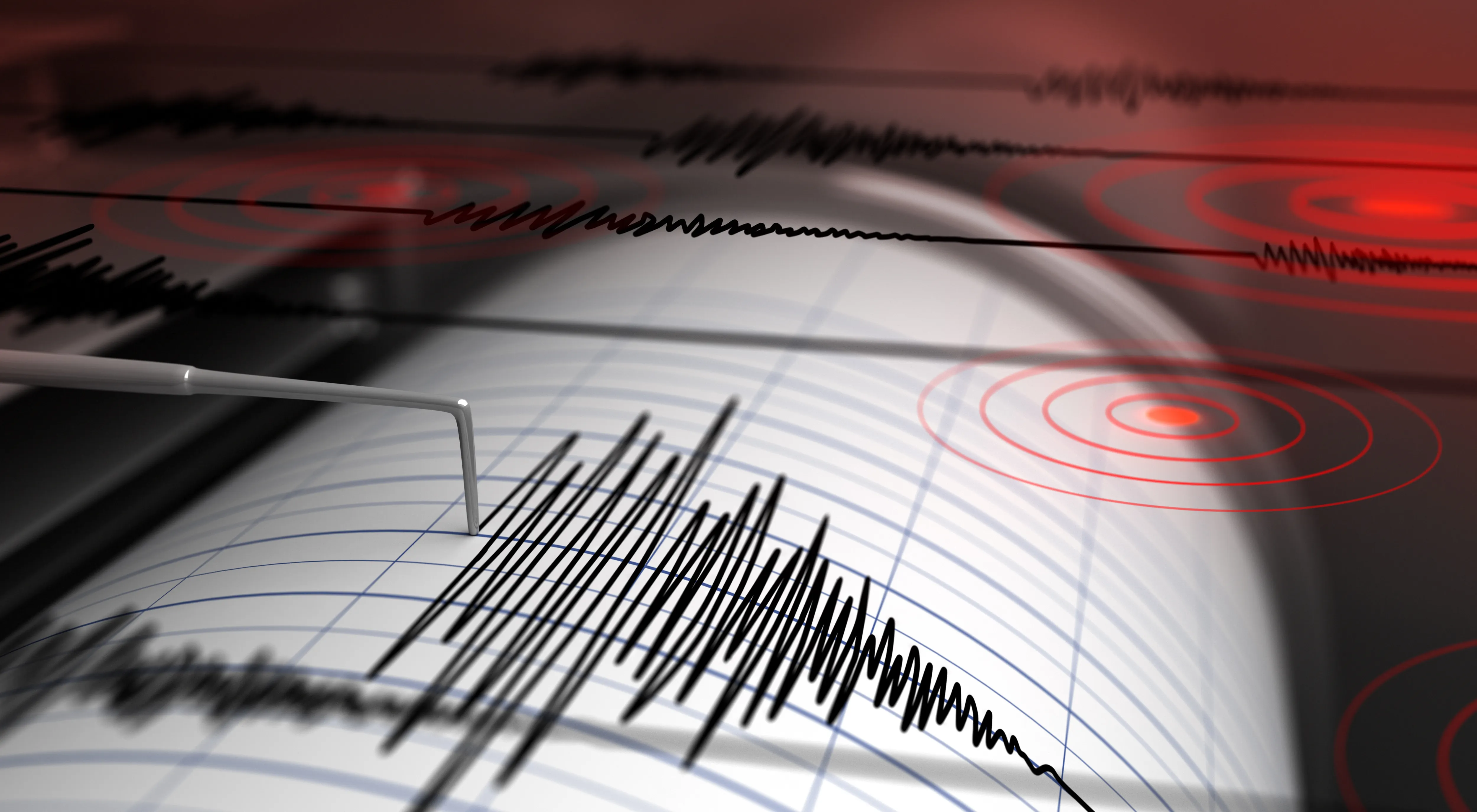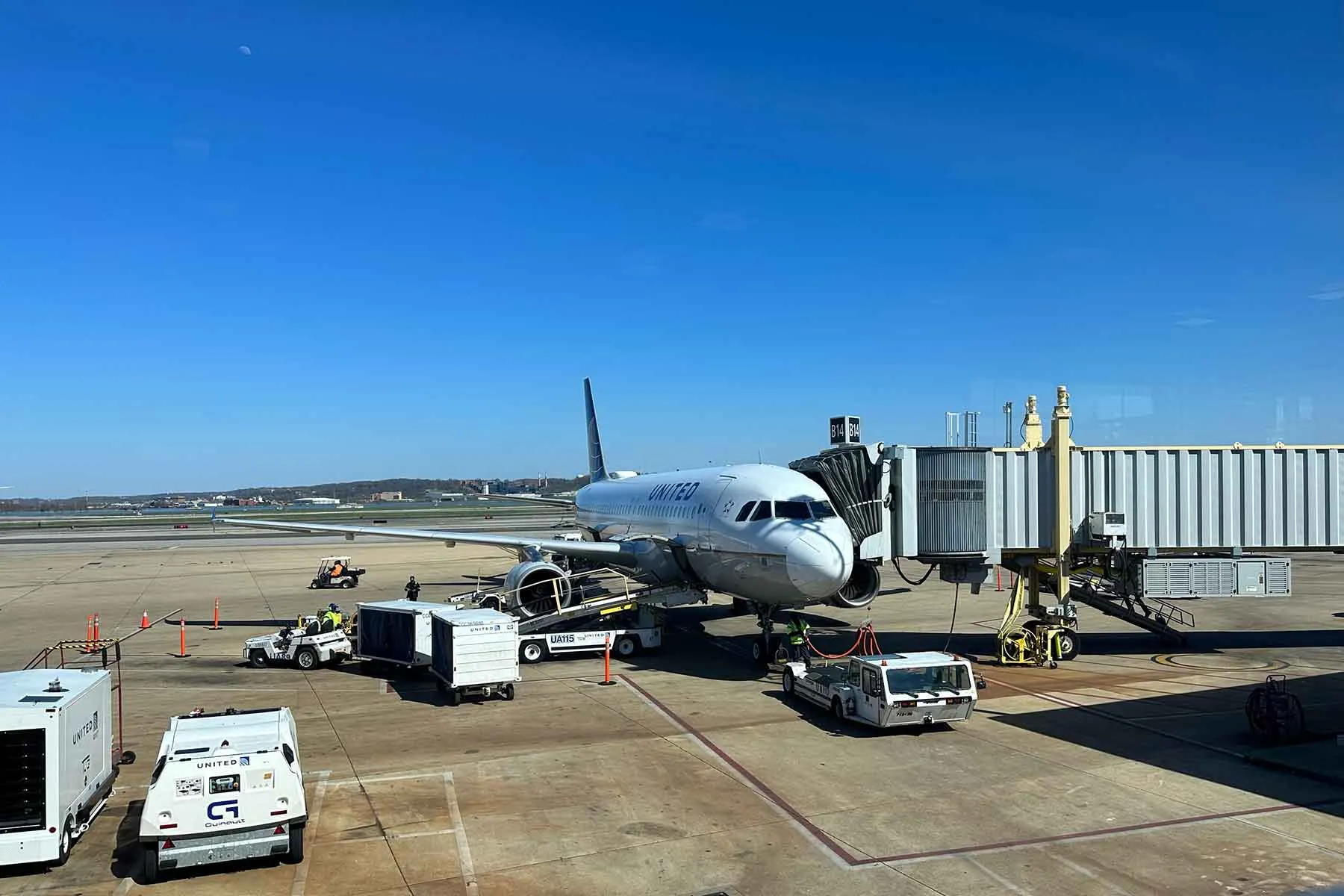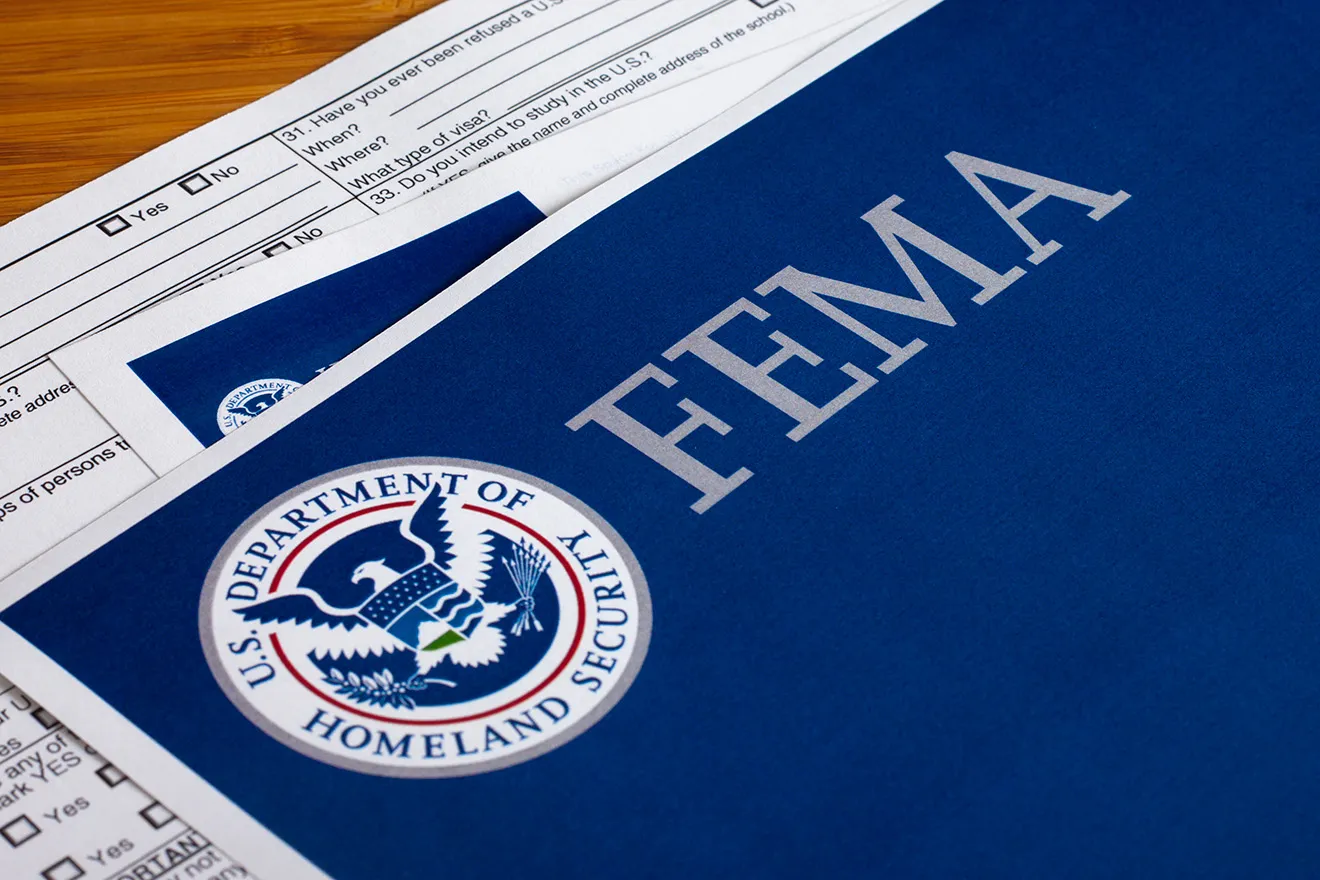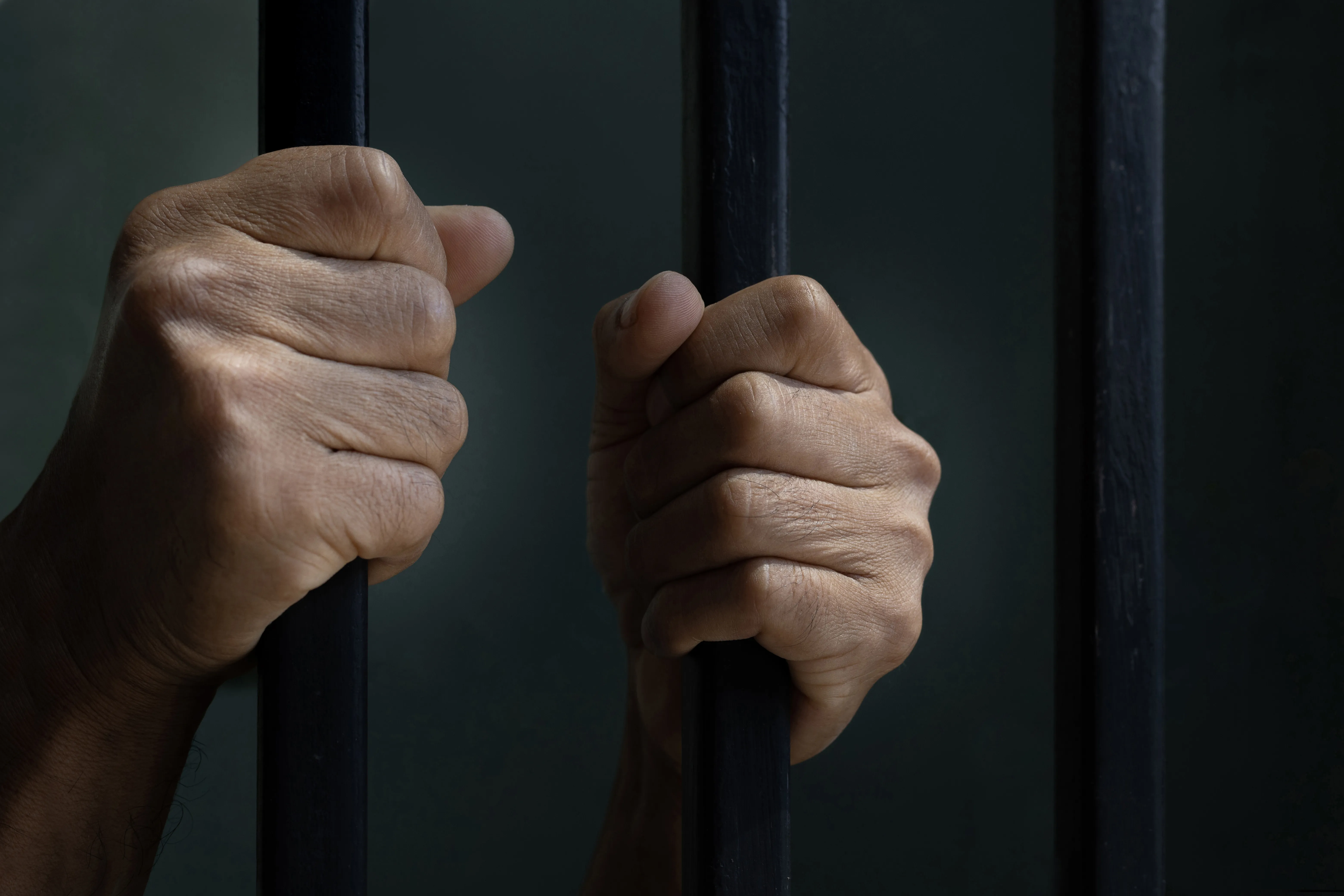
Law enforcement use of prone restraint limited under bill approved by Colorado House
(Colorado Newsline) The Colorado House of Representatives approved a bill Saturday that would limit law enforcement’s use of prone restraint, which is when an officer holds someone face down on the ground with their hands behind their back.
As soon as a suspect is handcuffed in the prone position, House Bill 24-1372 would require officers to immediately take the person off the ground to ensure they can properly breathe, placing them in a so-called recovery position.
“Our law enforcement officers are out there every day doing challenging work. That’s not lost on us,” said state Representative Steven Woodrow, a Denver Democrat who sponsored the bill. “We appreciate it, we respect it, we honor it. We need to make sure that the interactions they have with everyday folks don’t result in death, and that’s what this bill is about.”

The bill passed on a 41-21 vote, mostly along party lines with most Democrats in favor of the measure. Democrats hold strong majorities in the state House and Senate.
State Representative Leslie Herod, a Denver Democrat and co-sponsor of the bill, said the policy wouldn’t ban prone restraint, rather it prohibits “the inappropriate and excessive use of force within prone restraint.”
“The vast majority, super majority, of law enforcement does this right,” Herod said about the use of prone restraint. “But when it goes wrong, we must apply the same scrutiny as any other use of force that has been used by a law enforcement officer.”
The House Judiciary Committee amended the bill in early April so that prone restraint is still permitted, removing an earlier provision that said it would only be permitted when “deadly force” is justified. That amendment came at the bill sponsors’ request, and Herod said it helped assuage the concerns of many organizations that initially opposed the bill.
Woodrow referenced a 9News investigation into the use of prone restraint that uncovered 132 deaths due to “prone induced asphyxiation.” He said passing the bill would be a step toward reducing future deaths.
“That prone restraint is dangerous has been well known for years,” Woodrow said. “In 1995, the U.S. Department of Justice issued a memo instructing officers to get suspects off their stomachs as soon as they’re handcuffed. Yet, unfortunately people keep dying.”
The bill expands on a 2020 bill approved by the Legislature, Senate Bill 20-217, which required most law enforcement officers to wear body cameras, banned chokeholds and carotid control holds, and removed the qualified immunity defense for officers who act in bad faith. But it did not address misuse of prone restraint, Herod, who also sponsored that bill, said.
“The bill will use existing 217 provisions to treat excessive force via prone restraint,” Herod said.
Elijah McClain, the 23-year-old Black man who died in August 2019 after police officers detained him and paramedics sedated him with ketamine while he was walking home, was held in the prone position. His mother, Sheneen McClain, testified in support of the bill at its first committee hearing, and said he died because of “flawed laws” regarded as “perfection” by the officers they applied to.
“All of those individuals acted without any type of humanity, care or concern for the life of my son, who was tortured to death on the ground in the prone position,” McClain said at a committee hearing in early April. “My son just wanted to sit up so that he could breathe better, but also to remove the blood and vomit that was filling up in his lungs.
“My son died in the prone position because your law enforcement officers decided that their training was more important than listening to my son about his own body,” she said.
George Floyd died in 2020 after former Minneapolis police officer Derek Chauvin held him on the ground in the prone position for more than 9 minutes. Chauvin was found guilty of second-degree murder, third-degree murder and second-degree manslaughter.
State Representative Gabe Evans, a Fort Lupton Republican, said legislation that adds “additional liability and paperwork” to the use of prone restraint will deter officers from using it at all. He said the “administrative stress that is imposed by more reporting requirements, more liability, more laws” is one of the biggest contributing factors to human error from law enforcement officers.
“If that tool is taken out of the tool bag by requiring extensive reporting associated with it anytime that it’s used, what that means is that that is one less opportunity for these situations to be resolved at the verbal direction level of the use of force continuum,” Evans said.
The bill will now go through the Colorado Senate for approval, where state Senators Rhonda Fields, an Aurora Democrat, and Julie Gonzales, a Denver Democrat, are prime sponsors.
Colorado Newsline is part of States Newsroom, a nonprofit news network supported by grants and a coalition of donors as a 501c(3) public charity. Colorado Newsline maintains editorial independence. Contact Editor Quentin Young for questions: info@coloradonewsline.com. Follow Colorado Newsline on Facebook and Twitter.

















